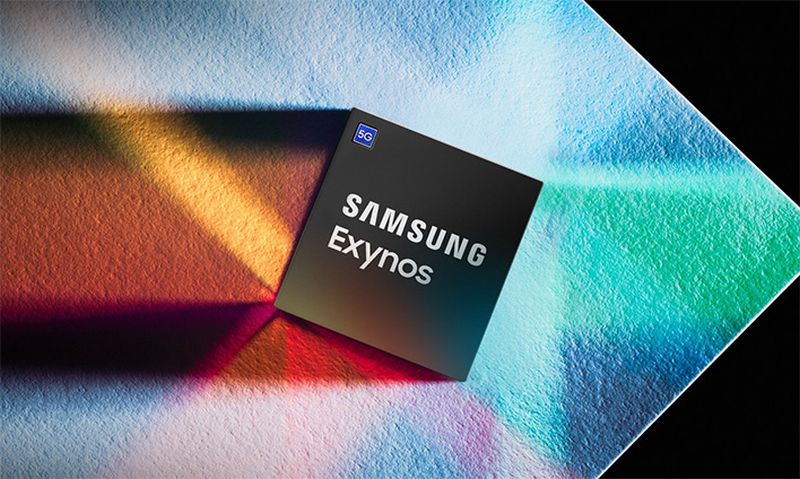
[ad_1]
As most of us are aware by now, Samsung has debuted its lataest Galaxy S23 flagship smartphone series to the world last week. And along with it is another pleasant surprise in the form of a custom-tuned Snapdragon 8 Gen 2 chipset that’s exclusive for all three devices under the line-up. So this begs the question: has Samsung finally come to terms and abandoned its Exynos chips?
According to a source familiar with the matter whom we spoke to, the company is still standing by its previous statement from last year, which denied any plans of discontinuing the hardware’s development. The individual, who wished to remain anonymous, said Samsung is still continuously working on its in-house processor and assured that consumers will still see the Exynos chipset featured on future Samsung handsets. However, these would only be limited to mid and entry-level devices or even models exclusive to certain regions, they added.

Moreover, the source also claimed that Samsung’s collaboration with AMD is still very much alive as well. As you may recall, both companies officially announced their partnership early last year, which saw the latter supplying its RDNA 2 architecture to power the former’s in-house Xclipse GPU. This entails for advanced graphics acceleration methods, primarily ray tracing, to be achievable on mobile devices that are equipped with the South Korean tech giant’s processor.
ADVERTISEMENT
Regardless, those keeping up with the mobile scene as well as existing Samsung Galaxy users will agree that the Samsung’s Exynos chipsets have mostly been underwhelming in terms of performance. This is especially when compared to Qualcomm’s own flagship-tier processors, which have been reigning supreme in the Android-based smartphone market for several years now. So much so that even the company itself has decided to drop its own chip for the Snapdragon in recent smartphone releases, seemingly complying with consumer feedback.

Seeing that Samsung has already placed a lot of work on the Exynos series for a long while now, it is quite unlikely for it to abandon the chip’s development altogether – especially after establishing a major partnership with fellow tech giant AMD. Also not forgetting the fact that featuring the in-house developed chip is still the more cost effective option for the company. With that in mind, it does make sense for the company to shift its focus on developing the Exynos for its mid to entry-level devices instead, as this would allow the company to evaluate and gradually improve the hardware on the long run without risking any stake on its premium smartphone segment.

Who knows? Maybe one day we’ll see the Exynos chips climb back up to the flagship tier again. Hopefully, this time with a performance boost that would finally deem it worthy to stand against the likes from MediaTek, Qualcomm, or even Apple.
Follow us on Instagram, Facebook, Twitter or Telegram for more updates and breaking news.
[ad_2]